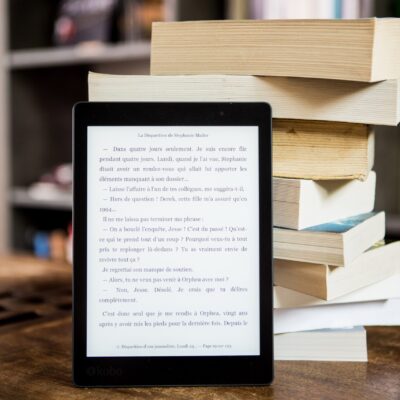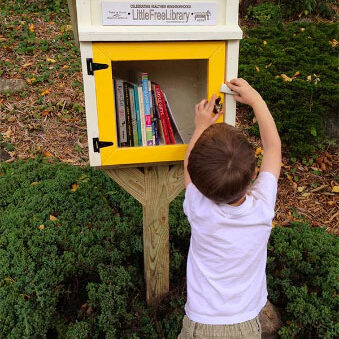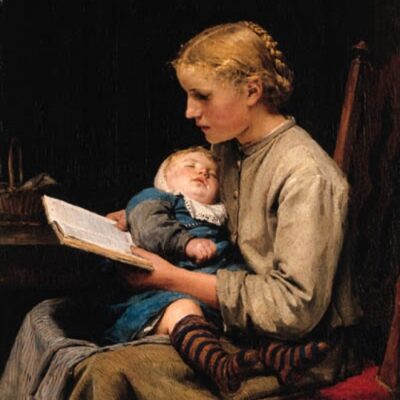Unfollow Me by Jill Louise Busby
Essays on Complicity
Truth fights for itself. If you are open to it, it will use you as a weapon. Jill Louise Busby
I had never heard of @Jillisblack before someone displayed this book in the New Books section of my local library. After reading the inside cover and skimming a few pages, I placed it in my “borrow now” pile. So far, it’s my favorite nonfiction read of 2022!
The backstory of this intrepid collection of essays is that in the summer of 2016, Jill Louise Busby, who worked for years as a diversity educator with her mother, created a one-minute video in which she “called white people out for their intentional gradualism, their masking of a desire to maintain their racial status with varying degrees of external naivete.” [p. xvi] In the video, she asked:
White people, you’re always educating yourselves. When do you finally just…get it? Because black people have had to learn you so quickly in order to survive, so I know it’s possible. Why is it so hard? Why is it costing you so much money? Why do you need so many workshops and trainings and seminars and talks and panels and so…much…time? [pp. 9, 10]
Busby had spent years in the nonprofit sector specializing in diversity and inclusion. Invited to speak at academic institutions, businesses, and detention centers on the topics of Race, Power, and Privilege, she had delivered more than two hundred workshops to organizations all over the California Bay Area. But when she uploaded her video on “faux liberalism” to her Instagram account she achieved a level of prominence she had not experienced previously, gaining millions of followers, and suddenly becoming an influencer widely known by her social-media handle, @Jillisblack.
There is a crucial distinction between Busby and her Jillisblack persona, and probing the discrepancy between the two is one of the key objectives of Unfollow Me. In the short “Identification” that begins the book, Busby expresses her disappointment that Jillisblack became over time “the expression of a flattened identity, on repeat” [p. xvii]. She explains that “…. after a year or so, I was just parroting the expectation. Following the rules, I made” [p. xvii]. Later, in the essay “A Friend of Men,” she observes that “Jillisblack makes different kinds of friends than I can. So I am now friends with the kind of men I couldn’t have met without her. The kind who knew me as her, first, and think they are getting to know her better whenever I show up as myself, instead.” [pp. 117, 118]
In Unfollow Me, Busby traces the trajectory of her fame in a series of wide-ranging essays. “Still, Until,” the first full-length essay in the collection, contains the author’s descriptions of the promise she initially saw in her Jillisblack persona:
I want to use Jillisblack. I want her to be honest without consequence. I want her to say everything about race and racism, power and privilege, hierarchy and hypocrisy that I can’t say at work without getting fired. I want her to take risks I can’t afford to take. I want her to speak without interruption, any way that she wants, for every time that I couldn’t. [p. 14]
But as time goes on, Busby has doubts which she expresses brilliantly in passages similar to the one that follows.
You say progress, but maybe you mean money. You say unity, but maybe you mean money. You say revolution, but maybe you mean money. Maybe you always mean money. [p. 31]
I tried reading Unfollow Me as I would a novel. That approach did not work for me. I needed time to process the author’s observations and questions. I needed to take it very slowly and wished there were others reading it with me so we could discuss it together. For instance, my favorite piece in the collection is a one-page letter that I have thought about for hours. I have read so many poems, essays, and stories about absentee and downright dangerous fathers. I found this letter absolutely stunning in its honesty. Here it is.
[Dear Dad]
Because I found you nowhere
I chose to find you elsewhere
In men whose layers
Have kept me warm in the absence of your apology.
I will sew a father-shaped quilt
Out of the fabric of these better men
And when it’s time I will pass it down.
Love,
Your Daughter
—Jillisblack, June 2017 [p. 105]
Thank you, Jill Louise Busby, for a book that makes a cliché of every adjective I can create to describe it!
















